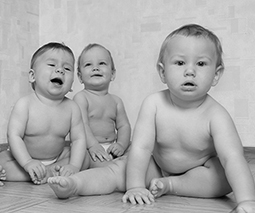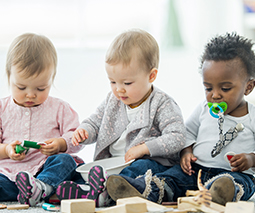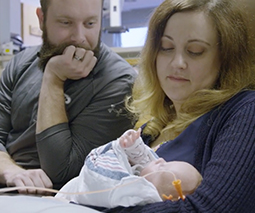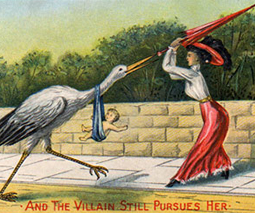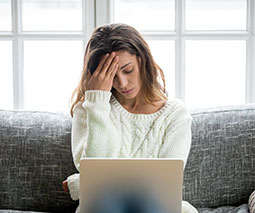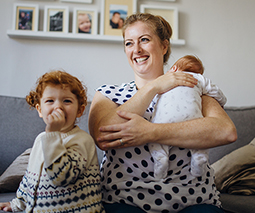Why some women have a low egg count and what this means for your fertility
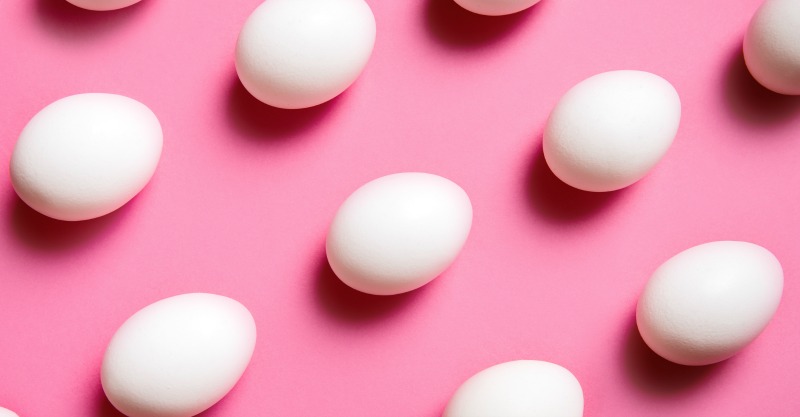
A lot of women who are trying to have a baby suddenly discover that their reproductive egg count (also known as ovarian reserve) is not very high. But what does this actually mean and what can you do about it? We spoke with a fertility specialist for all the facts.
Egg production
Sadly men and women are not created equal – at least not in the reproductive department.
“Men continue to make sperm until the day they die, but women make all the eggs they’re ever going to have before they’re born, usually around 13 weeks of gestation,” says fertility specialist and gynaecologist, Dr Raelia Lew.
At birth, a woman’s eggs are around the 1 million mark (on average) yet by the time puberty hits, this number has shrunk to around 300 000, with only 300-400 eggs being ovulated in a woman’s lifetime.
On the decline
Age then becomes an issue because women lose eggs on a daily basis, so the older she is – the fewer eggs she will have.
“Every month that we have a menstrual cycle or even at times when we’re not ovulating, a certain number of eggs will leave on a one-way ticket every day. Some people lose two, some forty,” says Dr Lew.
Recent studies have shown that up to 90 percent of female eggs could be gone by the age of 30, and at the age of 40, only three percent remain.
Read more about enhancing fertility:
- Acupuncture: How it can help with fertility, pregnancy and post birth
- Breakthrough in fertility treatment using less drugs and cheaper than IVF
- New fertility tracking app uses your phone camera to test when you’re ovulating
Counting eggs
Most women don’t discover that they have a low egg count until they’re actively trying for a baby and have sought fertility treatment. An ovarian reserve test done by checking the level of Anti-Mullerian Hormone (AMH – a hormone secreted by cells in developing egg follicles) in a woman’s blood is a good indicator of how many eggs she has.
So why is a low egg count such a big deal? According to Dr Lew, the main reason it’s an issue is if you are attempting IVF or freezing your eggs, where extracting a maximum number of eggs is the aim.
“Ovarian reserve becomes important for women when they’re relying on technology to fall pregnant. You can have a low egg count and be perfectly fertile and conceive naturally,” she says.
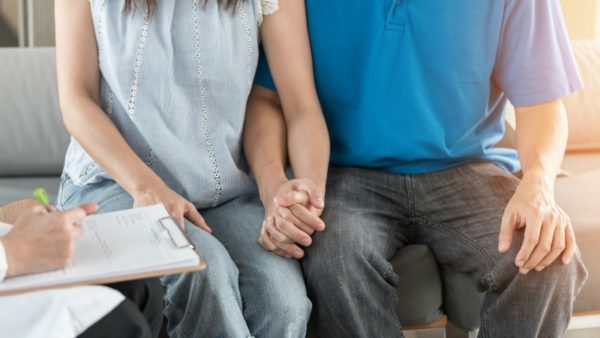
Fertility facts
According to Dr Lew, women are at their peak fertility in their late teens and early twenties. The problem with this is that most women these days don’t think about having a baby until around the age of 35, which also happens to be the age that their fertility rapidly declines. It’s not just the number of eggs that are affected as a woman ages, the quality falls also.
Don’t forget about the sperm, either. In a third of all circumstances where couples are trying to fall pregnant, it’s solely a male issue. So while an older woman with a low ovarian reserve and older eggs may have the odds against her, it may not be the reason for her inability to conceive.
What you can do
If you have discovered that you have a low ovarian reserve, Dr Lew believes the first thing you should do is have a proper, informed discussion with a fertility specialist who will look at your personal circumstances, both medically and socially.
“Women with low ovarian reserves need to make informed decisions and have the opportunity to discuss it with a trained counsellor. So we would be focused on maximising that woman’s chances of having a family at some point and making sure that she’s not burdened by regret,” says Dr Lew.
“It’s a shock to a lot of people that it’s so hard to fall pregnant. The good news is that there are other options for a woman with few or poor quality eggs such as using an egg donor to make her dream of having a baby come true.”
In Australia, it’s a little harder to get an egg donor than other countries, where donors are paid and can be anonymous. However, in many cases, the donor is a friend or family member such as a sister.
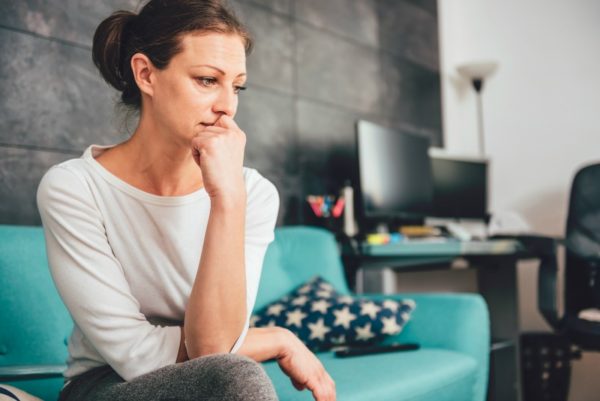
Freezing your assets
If you plan on having children later in life or suspect you might have fertility issues, freezing your eggs is another way to increase your chances of having a baby that’s genetically yours. While women have been freezing eggs for decades for medical reasons (undergoing chemotherapy treatment for cancer), it’s only become a mainstream offering since 2012 due to advances in technology which have increased the chances of its success.
“In Australia, the majority of women who freeze their eggs are those who are single, worried about their fertility declining because of age, and not in a position emotionally, financially or psychologically to have a child by themselves with a male donor,” says Dr Lew.
Popular trend
Scientifically, Dr Lew says, the best time to do this would be in your early twenties. However, this isn’t realistic for most young women who most likely aren’t thinking about motherhood yet or don’t have the funds to do it. In America, some companies like Apple and Facebook are offering the procedure for free to female employees (possibly to avoid losing good staff who might put their careers on hold to have a baby).
It’s a smart move if you consider the way society is going, with Dr Lew also believing it will play an important role in the future.
“I predict that egg freezing will result in more women having a genetic child of their own or more children than they would have had if they didn’t do it. Women who don’t use their eggs often donate them which again helps more women become mothers,” she says. “It’s important to remember the man in the situation too though. So the best thing a 40-year-old woman can do with her frozen eggs is to bring a 25-year-old partner to the picture and not a 55-year-old.”
Good to know!
If you’re keen to learn more about your ovarian reserve or fertility treatments, please visit IVF Australia or Melbourne IVF.
